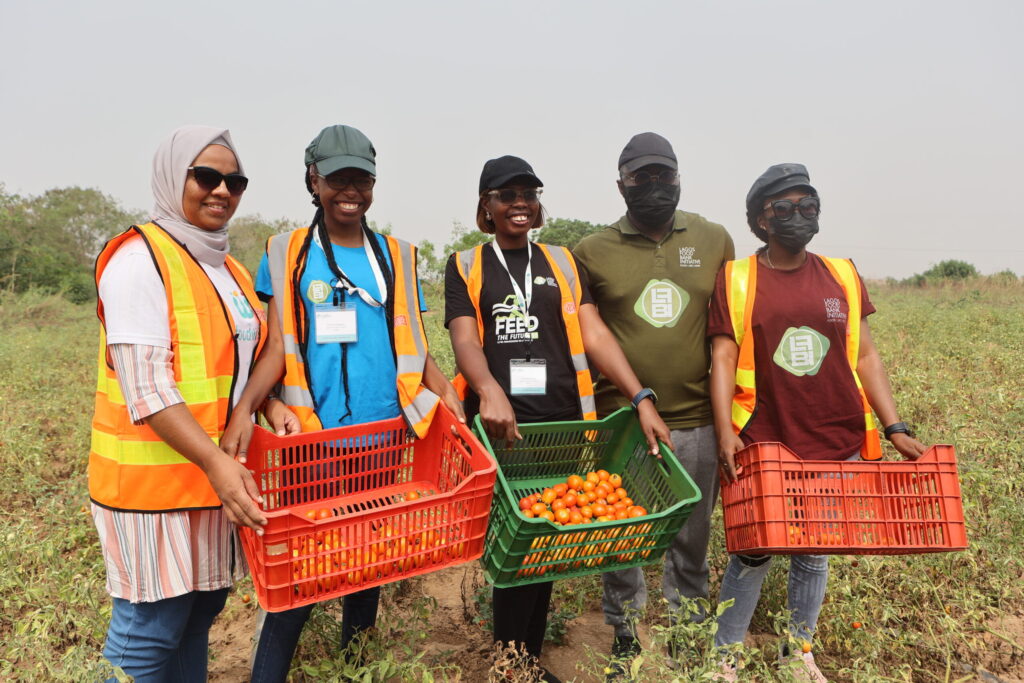
Globally, approximately 800 million individuals, which surpasses the combined populations of the European Union and the United States, go to bed hungry, highlighting the pressing issue of food insecurity.
Food banks play a crucial role in addressing this challenge by providing food to those in need. The Global Food Banking Network is at the forefront of this effort, bringing together food bankers, conducting research, and fostering the development of food banking practices worldwide.
During the 2024 Africa Food Banking Conference in Accra, we had the opportunity to speak with Lisa Moon, President and CEO of The Global Food Banking Network. The organization supports community-led solutions to alleviate hunger in nearly 50 countries, making a significant impact in the fight against food insecurity.
Thanks so much for joining us, Lisa. For those unfamiliar with the Global Food Banking Network, could you explain what the organization does?
Lisa: Certainly. We are an International Development organization that addresses the challenges of food insecurity and food loss and waste. We focus on a community-based model called Food Banking, which works to rescue surplus food and redistribute it to people facing hunger.
Do you believe we are on the right path towards achieving zero hunger?
Lisa: Unfortunately, we are not on track to achieve SDG two. Nearly 800 million people face hunger daily, and worldwide, 2.3 billion people face food insecurity. The irony is that while so many go hungry, about 1/3 of all food produced is wasted or lost.
What do you think is the main cause of food loss and waste?
Lisa: Food loss and waste occur because of various factors, such as infrastructure challenges, transportation issues, and consumer behavior. Farmers face difficulties in harvesting and transporting food, leading to losses. Consumers, regardless of location, waste about 50% of the food they purchase.
Can you tell us about the Africa Food Bank Conference and its significance?
Lisa: The conference, hosted by Food for All Africa, brings together Food Bank networks from over a dozen sub-Saharan African countries. It serves as a platform to exchange best practices, address common challenges, and shape the future of food banking in Africa.
What do you envision for the future of food banking in Africa?
Lisa: Food sharing has been a part of African culture for a long time. The continent brings innovation and creativity to the food banking model. I believe Africa’s approach will inspire improvements in other regions globally.
What are some common challenges faced by food bankers worldwide?
Lisa: One challenge is the policy environment, as government policies can hinder food rescue efforts. Tax policies also play a role, as it is often cheaper to landfill food than to donate it. Improving policies in these areas can help increase food donations.
Thank you, Lisa. Any closing thoughts?
Lisa: I urge everyone to value the food we buy and recognize it as a privilege. Volunteer, use your voice, and donate to your local food bank if you’re able. Together, we can make a difference in reducing food loss and waste and improving food access for all.
Image: Global Food Banking Network / Ansah Richard / Food For All Africa
Source: Eco Media








